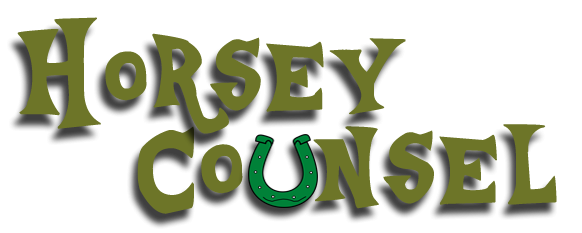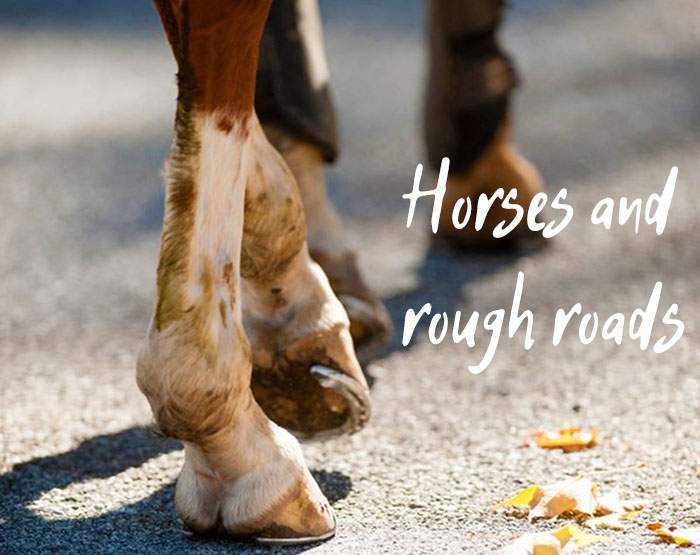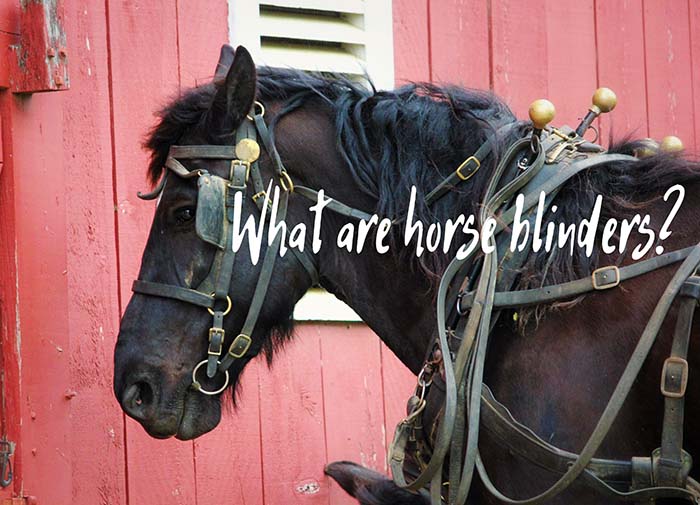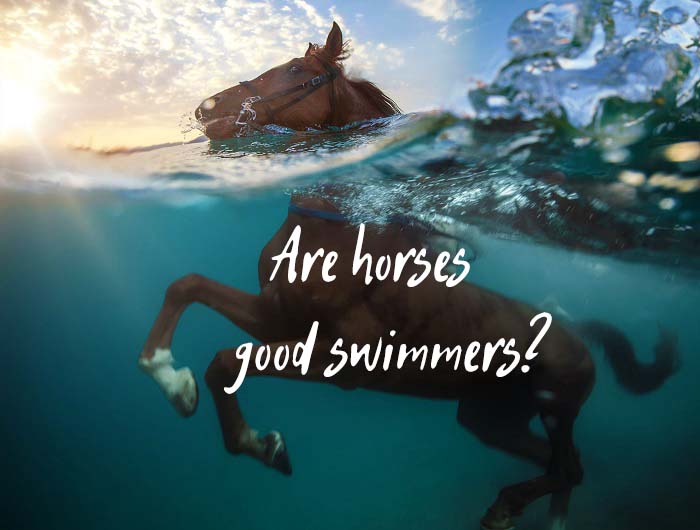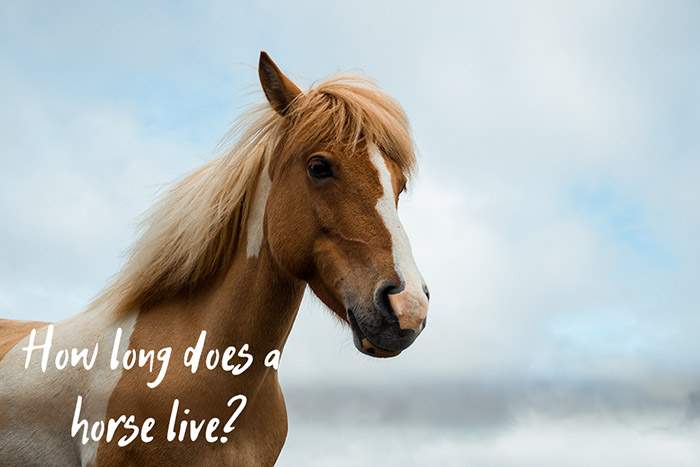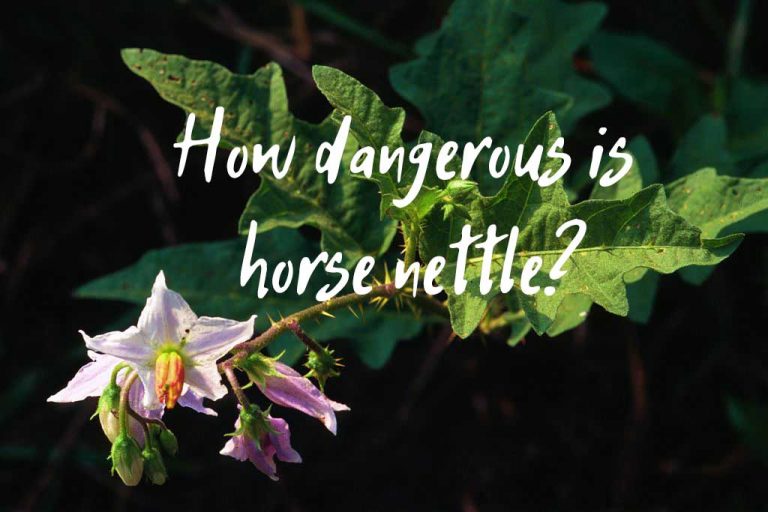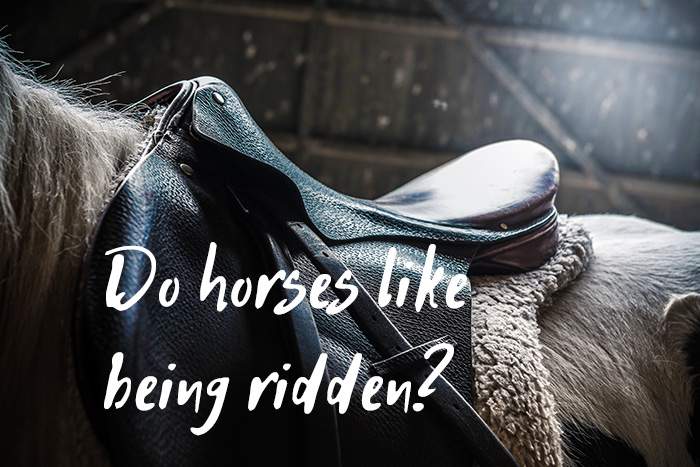Are Horses Considered Pets or Livestock in the United States?
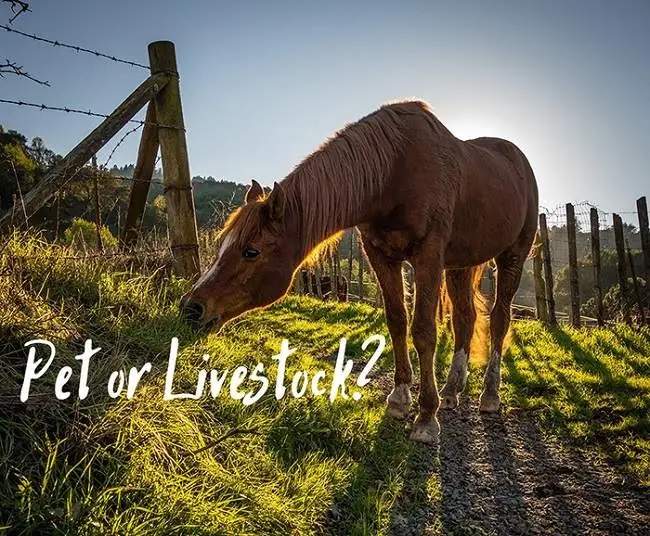
Are horses pets or livestock in the US?
Back in the day, nearly 100 years ago, horses had a well-defined role in our society, and there was no question regarding their usefulness and purpose. They used to pull anything from carriages to plows and heavy weapons during wartime, and when they weren’t doing that, they served as the primary means of personal transportation for pretty much anyone.
Almost everyone owned a horse, and while people respected the animal, they also kind of had to – they depended on it. The healthier the horse was, the better it would perform.
In those days, while humans did bond with their equine companions to a certain degree, and surely enjoyed their company, the question of whether horses were pets or livestock wasn’t a question at all. Horses were livestock period. They served a purpose, and they fulfilled their role to a fault. However, the line between pet and livestock is a bit blurry nowadays.
Are horses pets or livestock in the US? As it turns out, horses are officially regarded as livestock in the United States. So no, they are definitely not pets, not officially anyway.
To clarify, and to delve deeper into this interesting subject, let’s start with the official classification given by the ASPCA.
The ASPCA recognizes the horse as a companion animal.
According to the American Society for the Prevention of Cruelty to Animals, horses are companion animals, right there alongside dogs, cats, rabbits, ferrets, birds, guinea pigs, certain reptiles, and some fish. However, just because this association has chosen to classify it as suitable for companionship, that doesn’t mean that the horse can officially be considered a pet.
There’s nothing stopping you from caring for your horse as you would for a pet, but it’s important to keep in mind that horses are officially regarded as livestock, at least in the United States.
Why are horses considered livestock and not pets?
Livestock refers to farm animals, meaning animals that people keep around the household for work or in order to obtain a specific asset such as fur or meat. Interestingly enough, poultry is not considered livestock, but that’s a different story.
Horses are indeed farm animals because they need their own space and their own feeding areas, much like a cow or a pig would. Even though today some people keep horses around for showmanship or companionship only, it is argued that one can never truly tame a horse in its entirety, meaning that horses will always retain wild impulses or instincts, at least to a certain degree.
Remember when we talked about horse sleeping habits and how a horse will sleep better when it is around other horses? Those are the instincts that I was talking about. While a horse can be completely docile, some wild instincts will always remain present. Therefore, a horse can’t fall under the definition of a pet.
Horses have much to offer. They have value.
Consider how useful a horse could be around a household. Apart from their use as farm animals for pulling or hauling, horses can also serve as breeding stock, especially performance ones. Moreover, while controversial and frowned upon in some societies, the truth is that many horses are kept for meat, and many people consume it as if it were beef or pork.
It’s difficult to see a horse as a pet in these circumstances. People still have plenty to gain from keeping them around, even though their role in society has diminished in favor of mechanized agriculture and cars.
They also require discipline.
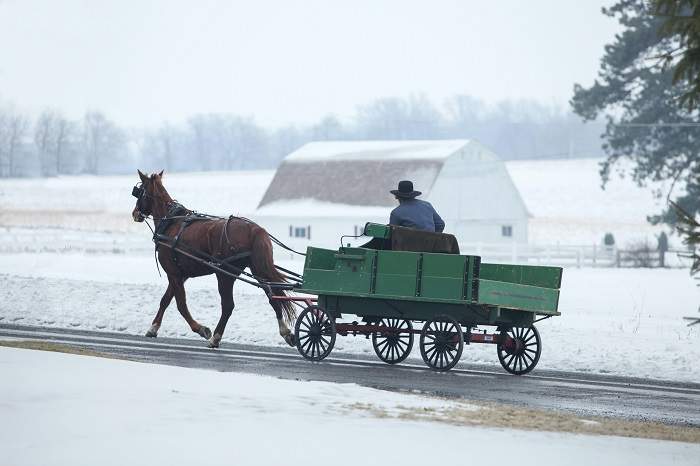
Keeping a horse around and making sure that it’s on its best behavior is a constant struggle. A horse that doesn’t get its fair share of discipline on a regular basis will become coddled and pampered, and it might start invading its owner’s personal space. It might start demanding treats, it might not listen to commands, or it might refuse to do what is required of it altogether.
In this scenario, an equine could potentially become dangerous. One could argue that dogs require similar disciplining, as they could also become threatening if not properly trained. This varies from breed to breed in both horses and dogs. Some of them are more docile by nature, while others will tend to break the rules. The difference is that we don’t normally use dogs for work, and we certainly don’t ride them.
With horses, there is no room for error. These are large and strong animals that need to be handled with care even at the best of times. They need leadership and a well-structured society, as well as clear routines and directives in order to function properly. A good horse owner is also a good leader, and that takes practice, work, and even a bit of talent at times.
Being considered livestock is actually a good thing for horses.
Because horses are officially regarded as livestock, the government has invested considerably in the research of various vaccines and disease cures. If the horse would lose its standing as livestock and would be “downgraded” to the category of companion animal, much of this research would come to a halt.
There’s also the issue of husbandry and humane treatment laws, which might not come into effect anymore if the horse would suddenly become a mere pet. Current livestock law also punishes cruelty against them, which is incredibly welcomed if you ask me. In some parts of the world, these majestic animals are treated poorly, partly because there are no laws to protect them.
That being said, it shouldn’t bother you that your horse is seen as livestock in the government’s eyes. This way, at least there are laws that protect its well-being, and research is being done to ensure its health.
On the flip side, if horses would become companion animals, it’s likely that none of them would be sent to slaughter anymore. While that would certainly not be a bad thing, it appears that this would jeopardize the other rights that I mentioned before. On the one hand, horses would no longer be killed for food, but on the other, they would lose most of their rights, and the government would no longer protect them from other forms of abuse.
Conclusion.
This is just my personal opinion, so feel free to disagree with me if you think differently. Ideally, horses should no longer be regarded as a food source, but they should still keep their livestock status due to the other advantages they can bring to a household or farm.
For now, it doesn’t look like horses will become pets in an official way in the United States. We can still treat them as companions and care for them as best as we can, just as long as we don’t let them get their way too much. I think that’s a fine line that we can respect without too much effort. After all, we’ve been living alongside horses for hundreds of years.
